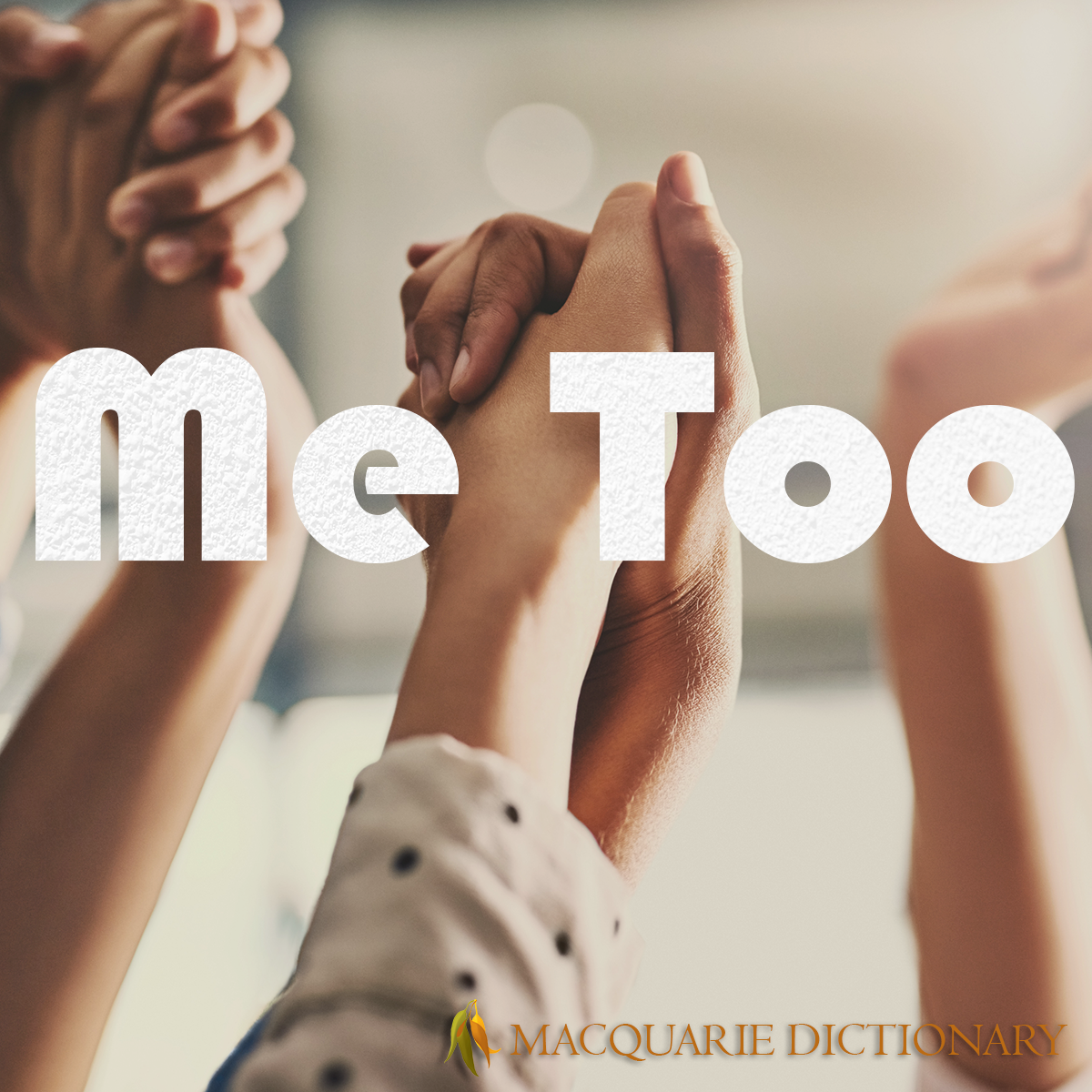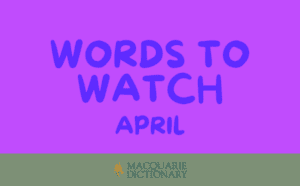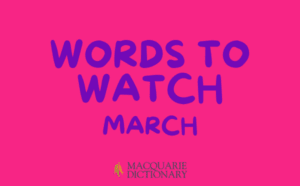For the past four years, our Word of the Year has been comprised of two words. In 2015, the word was captain’s call. In 2016, it was fake news. In 2017, the controversial milkshake duck took out the top spot. And in 2018, we have selected me too as the Word of the Year.
And so once again we embark on the journey to explain what we, as a dictionary, mean when we refer to something as a word.
The English language has the great capacity to create new words and new meanings from existing words. One of the more common ways we form new words in English is by putting together two (or more!) existing words together to form a new word with a new meaning. This is technically known as a lexical item or lexical unit.
Essentially, a ‘word’ is the item that you look up in the dictionary to find the meaning.
Sometimes these new creations end up as a blended word, known as a portmanteau . For example gentailer (generation + retailer] broflake [bro + snowflake] or incel [involuntary + celibate].
Sometimes words receive affixes, as in deplatform or destock.
And sometimes two whole words are smashed together as in tweetstorm or earthship.
Or, somewhat less dramatically, words are simply placed next to each other, as in me too, intimacy coordinator or soundwave tattoo.
Find out about these words as part of Word of the Year 2018 and vote for your favourite.
In other instances a hyphen may be used to keep things a little cleaner, or words may be borrowed from another language. And of course there are also backformations.
Language is a moveable feast. The forms of words can change over time, inserting or removing hyphens and spaces, dropping letters, fusing into a single unit. Take for example electronic mail which then became e-mail and is now most frequently used as email.
So when confronted with a word that is made up of two words like me too, this is counted as a new lexical item which needs a new entry in the dictionary. Because using our existing understanding of me – the objective case of I – and of too – in addition; also – doesn’t really give us the essence of what this new term actually means. In fact, the phrase me too outside of the context of the new meaning is so commonplace that it requires a new definition to explain this new meaning.
For these reasons and many more, me too is our Word of the Year.
And now it’s time for you to have your say in the People’s Choice and vote for your favourite lexical item word.





